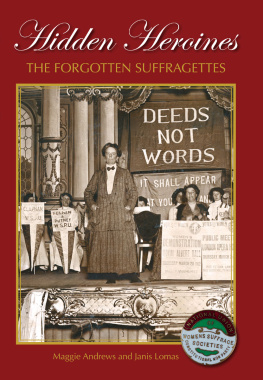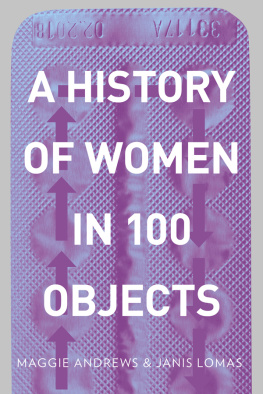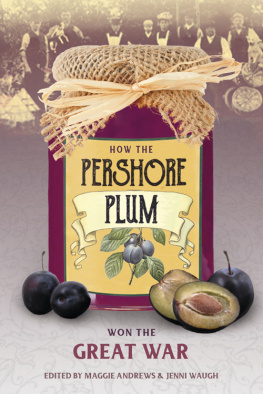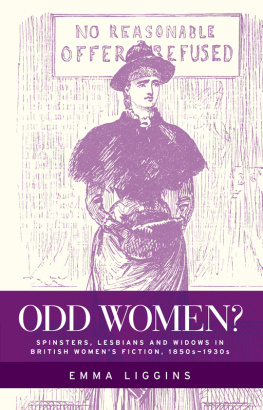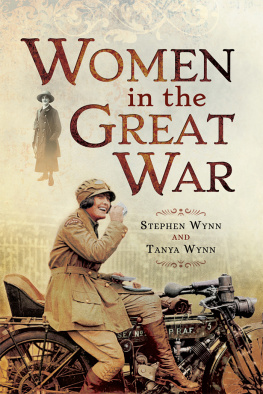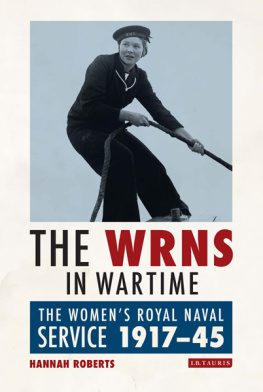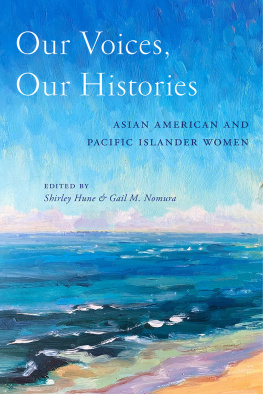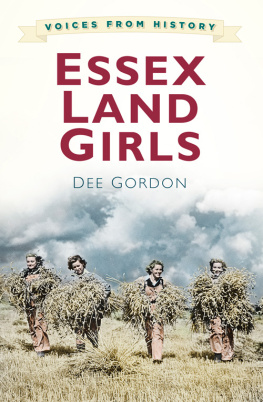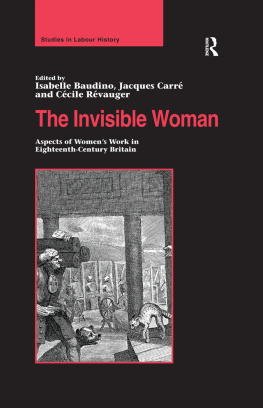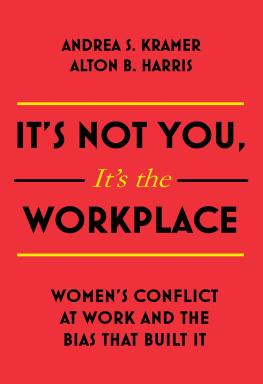British Womens Histories of
the First World War
This lively collection of essays showcases recent research into the impact of the conflict on British women during the First World War and since.
Looking outside of the familiar representations of wartime women as nurses, munitionettes, and land girls, it introduces the reader to lesser- known aspects of womens war experience, including female composers musical responses to the war, changes in the culture of womens mourning dress, and the complex relationships between war, motherhood, and politics. Written during the wars centenary, the chapters also consider the gendered nature of war memory in Britain, exploring the emotional legacies of the conflict today, and the place of womens wartime stories on the contemporary stage.
The collection brings together work by emerging and established scholars contributing to the shared project of rewriting British womens history of the First World War. It is an essential text for anyone researching or studying this history. This book was originally published as a special issue of Womens History Review.
Maggie Andrews is Professor of Cultural History at the University of Worcester, UK. Her research and publications explore domesticity and femininity in twentieth century Britain with a particular focus on the Home Front in both the First and Second World Wars, including The Home Front in Britain: Images, Myths and Forgotten Experiences since 1914 (edited with Janis Lomas, 2014).
Alison Fell is Professor of French Cultural History at the University of Leeds, UK. She has published widely on British and French womens responses to, and experiences in, the First World War, including Women as Veterans in Britain and France after the First World War (2018).
Lucy Noakes is the Rab Butler Professor of Modern History at the University of Essex, UK. She researches and publishes in the fields of war, gender, memory, and national identity, with a particular interest in twentieth century Britain.
June Purvis is Professor Emerita of Womens and Gender History at the University of Portsmouth, UK. She has published widely on womens education in nineteenth century Britain, and especially on the suffragette movement in Edwardian Britain, including the acclaimed Emmeline Pankhurst: a biography (2002), and Christabel Pankhurst: a biography (2018).
British Womens Histories of
the First World War
Representing, Remembering, Rewriting
Edited by
Maggie Andrews, Alison Fell, Lucy Noakes
and June Purvis
First published 2020
by Routledge
2 Park Square, Milton Park, Abingdon, Oxon, OX14 4RN
and by Routledge
52 Vanderbilt Avenue, New York, NY 10017
Routledge is an imprint of the Taylor & Francis Group, an informa business
Chapters 15, 79 2020 Taylor & Francis
Chapter 6 2017 Lucie Whitmore. Originally published as Open Access. This work was funded
by the Arts and Humanities Research Council and supported by the University of Glasgow.
With the exception of Chapter 6, no part of this book may be reprinted or reproduced or utilised in any form or by any electronic, mechanical, or other means, now known or hereafter invented, including photocopying and recording, or in any information storage or retrieval system, without permission in writing from the publishers. For details on the rights for Chapter 6, please see the chapters Open Access footnote.
Trademark notice: Product or corporate names may be trademarks or registered trademarks,
and are used only for identification and explanation without intent to infringe
British Library Cataloguing in Publication Data
A catalogue record for this book is available from the British Library
ISBN13: 978-0-367-33320-1
Typeset in Minion Pro
by Newgen Publishing UK
Publishers Note
The publisher accepts responsibility for any inconsistencies that may have arisen during
the conversion of this book from journal articles to book chapters, namely the inclusion
of journal terminology.
Disclaimer
Every effort has been made to contact copyright holders for their permission to reprint material
in this book. The publishers would be grateful to hear from any copyright holder who is not here
acknowledged and will undertake to rectify any errors or omissions in future editions of this book.
Contents
Maggie Andrews, Alison Fell, Lucy Noakes and June Purvis
Jonathan Rayner
Sarah Pedersen
Sarah Hellawell
Catherine Lee
Lucie Whitmore
Laura Seddon
Lucy Noakes
Amanda Phipps
The chapters in this book were originally published in Womens History Review, volume 27, issue 4 (July 2018). When citing this material, please use the original page numbering for each article, as follows:
Chapter 1
Representing, Remembering and Rewriting Womens Histories of the First World War
Maggie Andrews, Alison Fell, Lucy Noakes and June Purvis
Womens History Review, volume 27, issue 4 (July 2018) pp. 511515
Chapter 2
The Carer, the Combatant and the Clandestine: images of women in the First World War in War Illustrated magazine
Jonathan Rayner
Womens History Review, volume 27, issue 4 (July 2018) pp. 516533
Chapter 3
Suffragettes and the Scottish Press during the First World War
Sarah Pedersen
Womens History Review, volume 27, issue 4 (July 2018) pp. 534550
Chapter 4
Antimilitarism, Citizenship and Motherhood: the formation and early years of the
Womens International League (WIL), 19151919
Sarah Hellawell
Womens History Review, volume 27, issue 4 (July 2018) pp. 551564
Chapter 5
Giddy Girls, Scandalous Statements and a Burst Bubble: the war babies panic of 19141915
Catherine Lee
Womens History Review, volume 27, issue 4 (July 2018) pp. 565578
Chapter 6
A Matter of Individual Opinion and Feeling: The changing culture of mourning dress in the First World War
Lucie Whitmore
Womens History Review, volume 27, issue 4 (July 2018) pp. 579594
Chapter 7
Gendered musical responses to First World War experiences
Laura Seddon
Womens History Review, volume 27, issue 4 (July 2018) pp. 595609
Chapter 8
My Husband is Interested in War Generally: gender, family history and the emotional legacies of total war
Lucy Noakes
Womens History Review, volume 27, issue 4 (July 2018) pp. 610626
Chapter 9
What the Women Did: remembering or reducing women of the First World War on the contemporary British stage
Amanda Phipps
Womens History Review, volume 27, issue 4 (July 2018) pp. 627639
For any permission-related enquiries please visit:
www.tandfonline.com/page/help/permissions
Maggie Andrews is Professor of Cultural History at the University of Worcester, UK. Her


